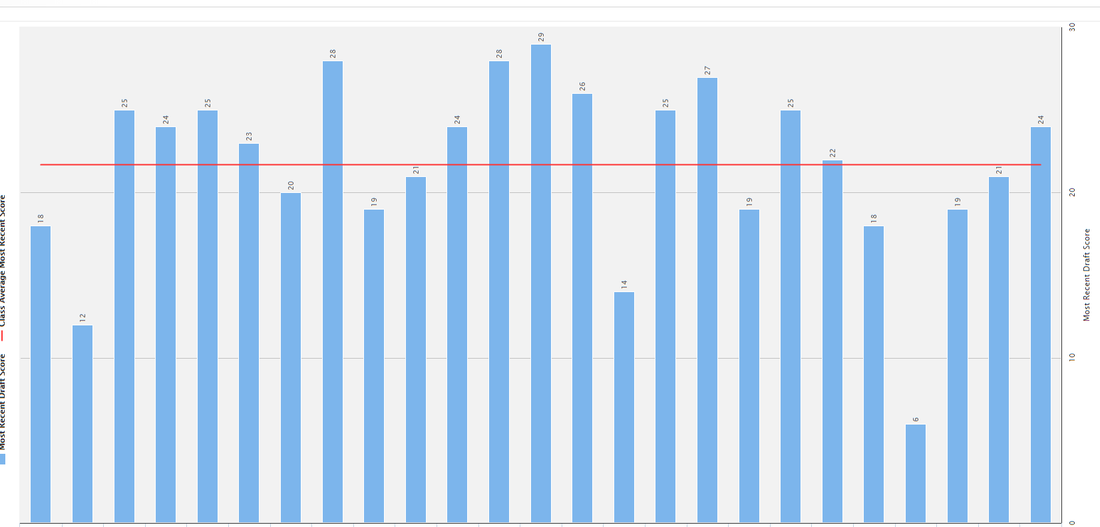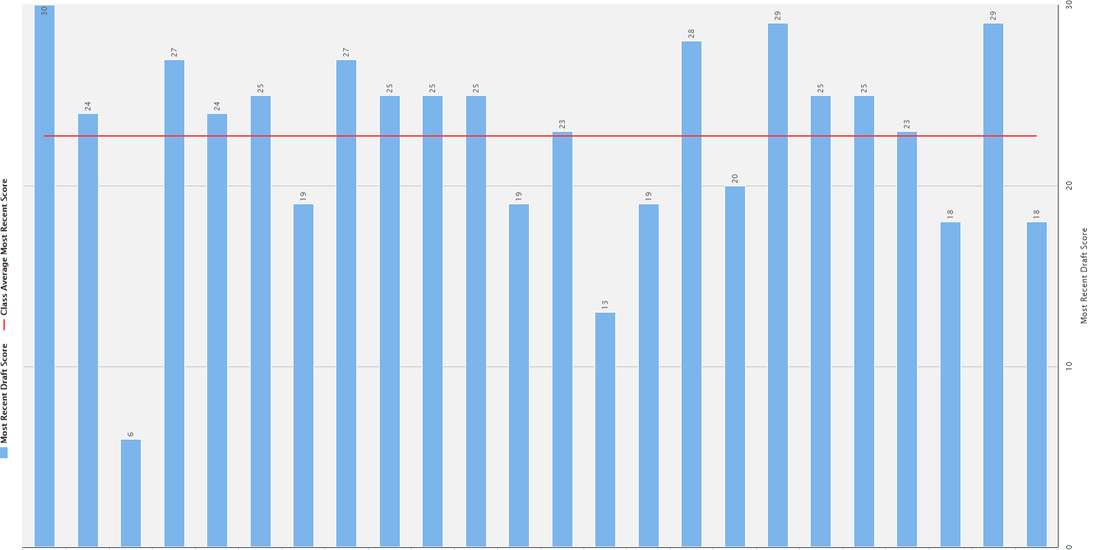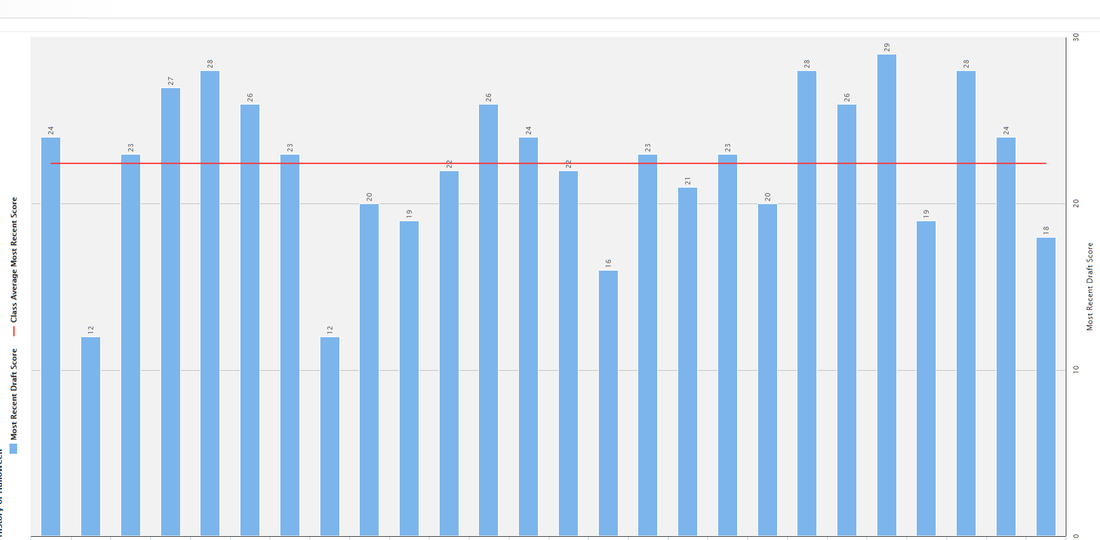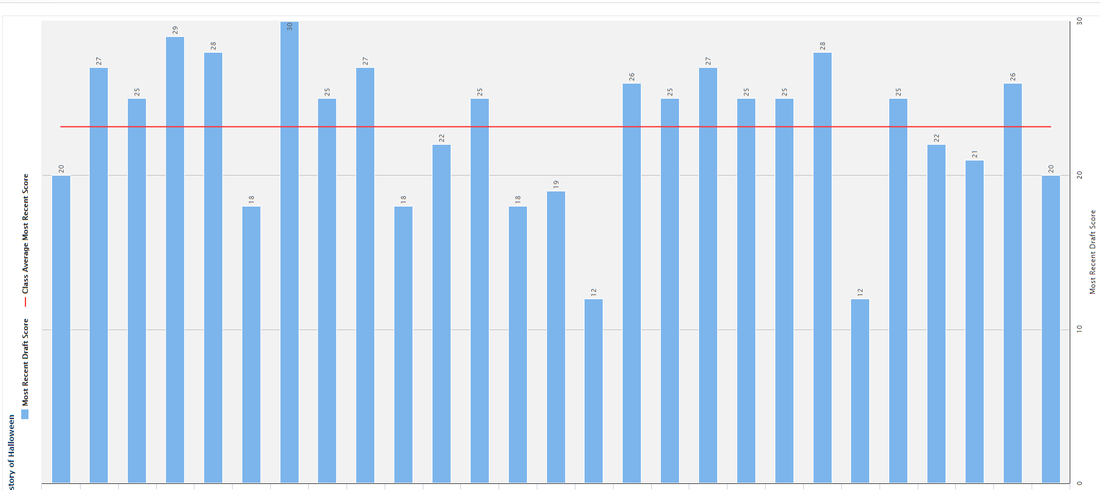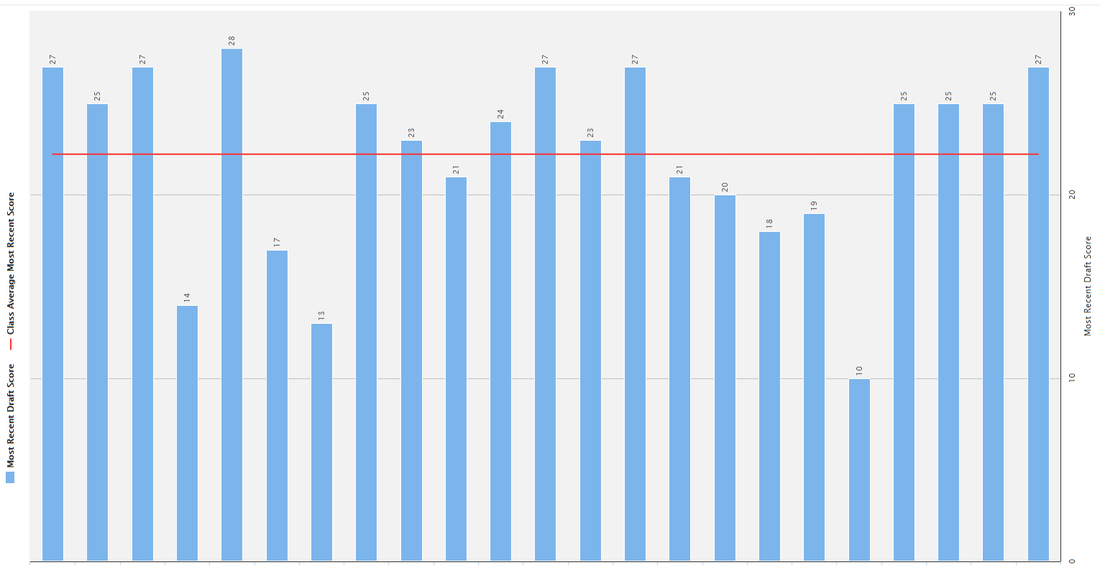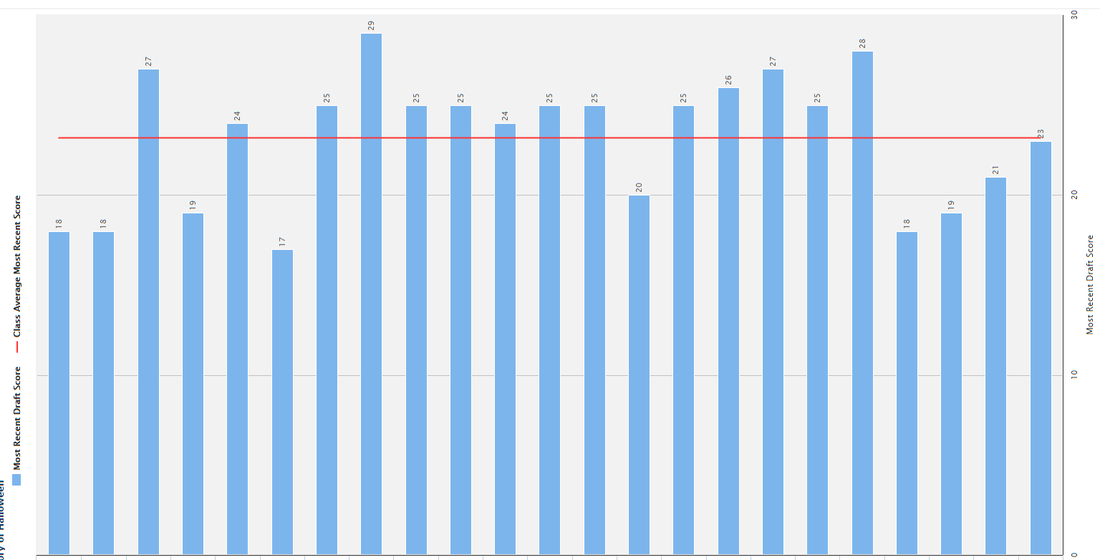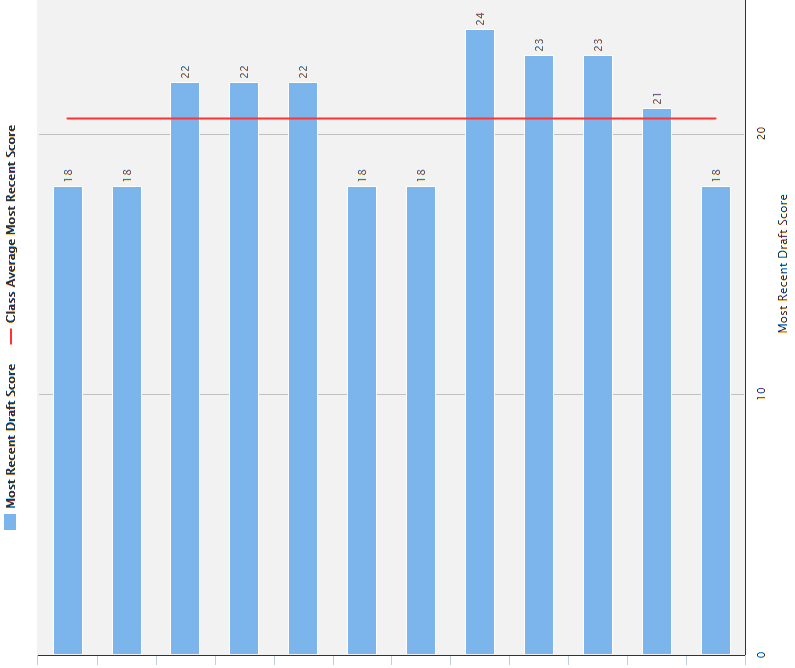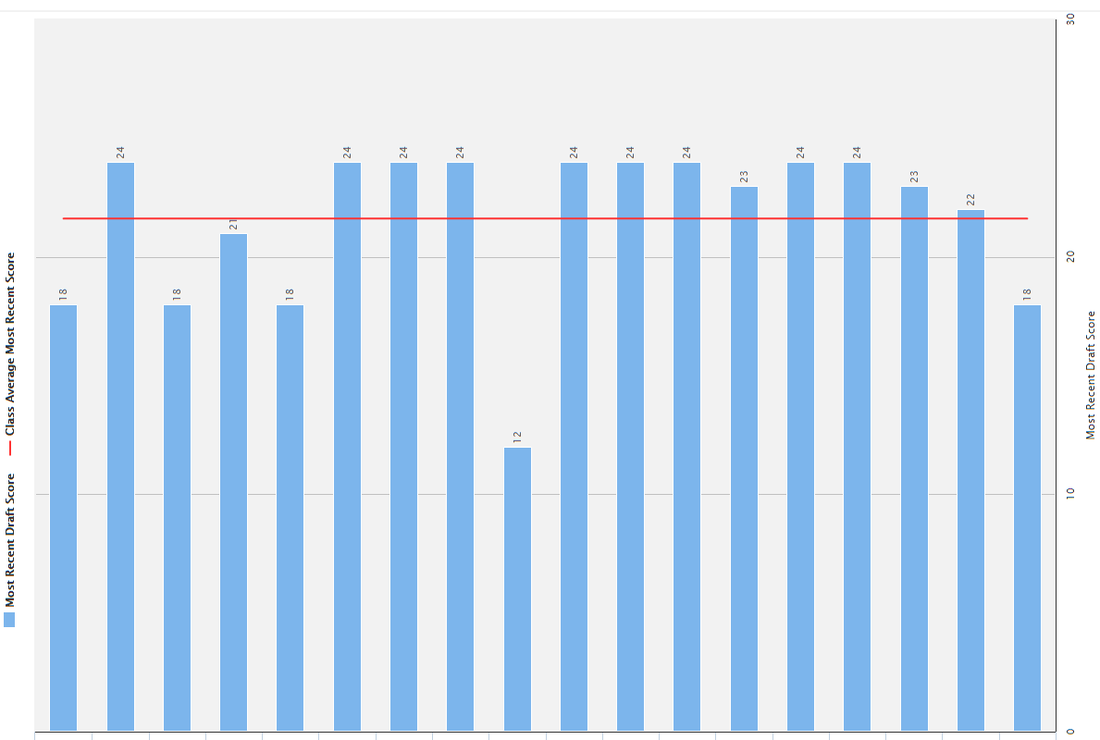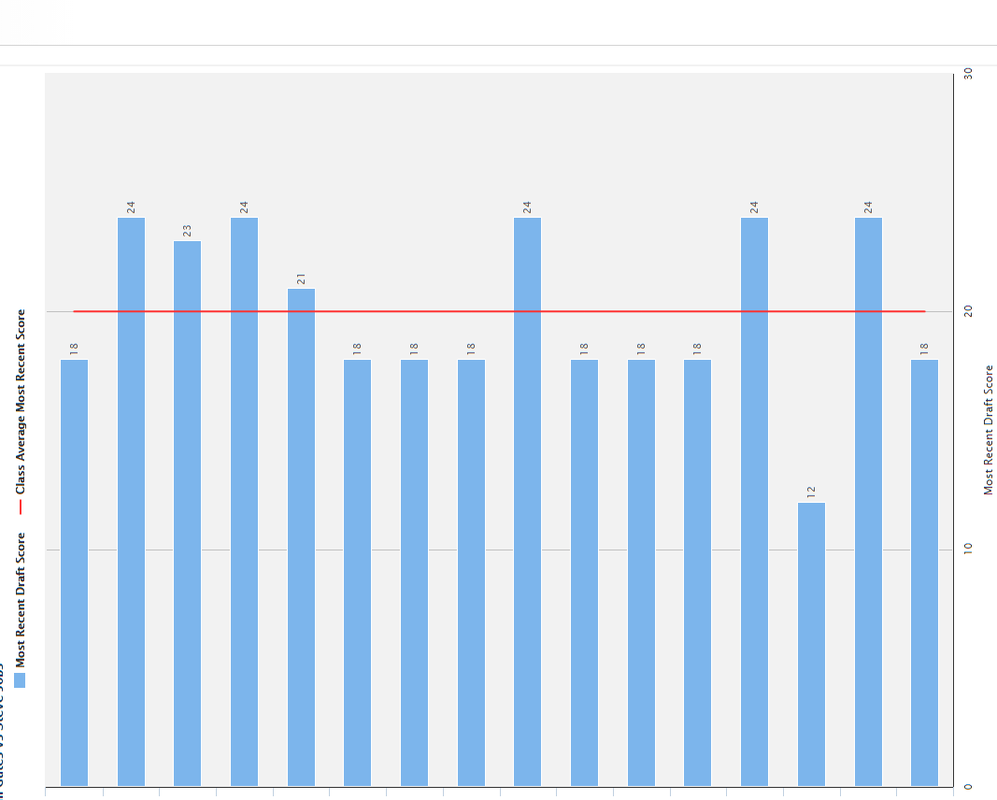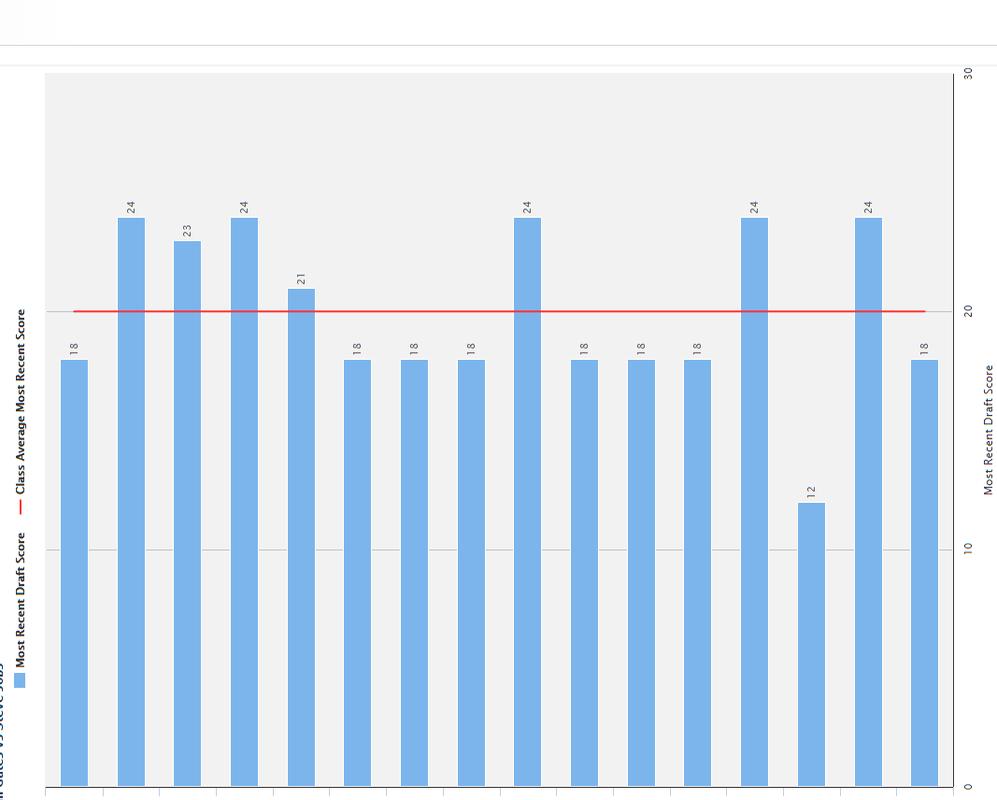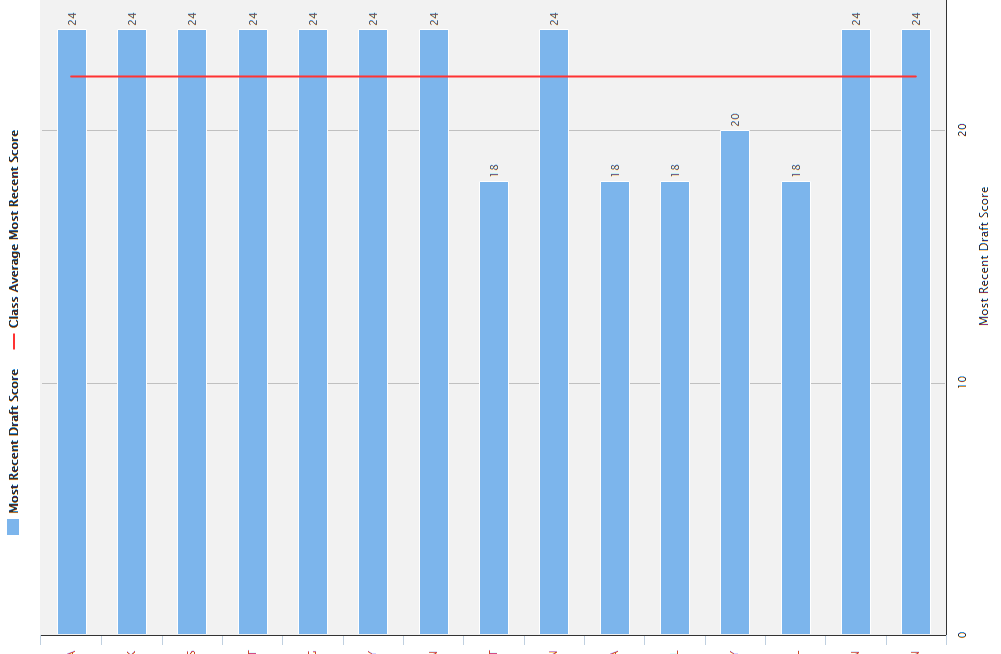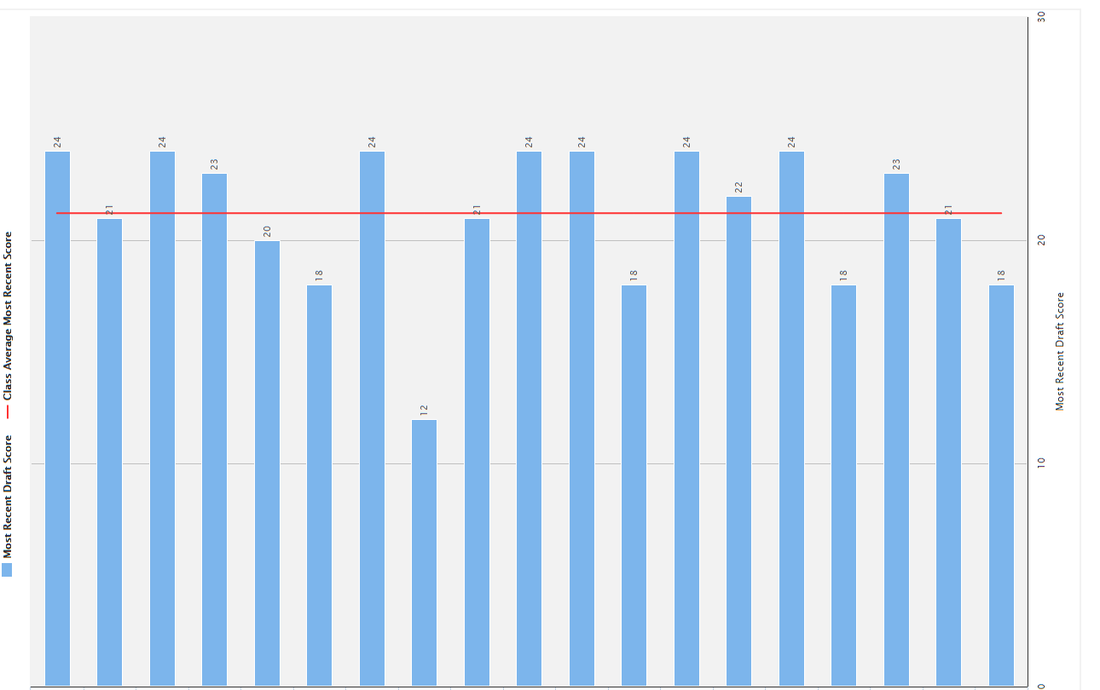- Home
- Assignments
-
Reading Assignments
- Sir Gawain and the Loathly Lady
- To Kill A Mockingbird
- Short Story Collection >
- A Man of Peace
- Starship Troopers
- Animal Farm pdf
- What Pain Do I Want?
- Ask the Aged
- Much Ado About Nothing >
- The Secret Life of Walter Mitty
-
Frankenstein by Mary Shelley
>
- Day 1: Frankenstein, The Letters
- Day 2: Frankenstein (Chapter 1-2)
- Day 3: Frankenstein (Chapters 3-4)
- Day 4: Frankenstein (Chapters 5-6)
- Day 6: Frankenstein (Chapters 7-8)
- Day 7: Frankenstein (Chapters 9-10)
- Day 8: Frankenstein (Chapters 11-12)
- Day 9: Frankenstein (Chapters 13-14)
- Day 10: Frankenstein (Chapters 15-16
- Day 11: Frankenstein (Chapters 17-18)
- Day 12: Frankenstein (Chapters 19-20)
- Day 13: Frankenstein (Chapters 21-22)
- Day 14: Frankenstein (Chapters 23-24)
- Lamb to the Slaughter
- The Yellow Wallpaper
- The Hound of the Baskervilles >
- Fahrenheit 451 >
- The Monsters are Due on Maple Street
- The ABZ Book
- Disclosure
- Stories
- Suggested Reading
- AP Literature
- Essay Writing
- Dialogue
- Commas
- New Page

|
|

